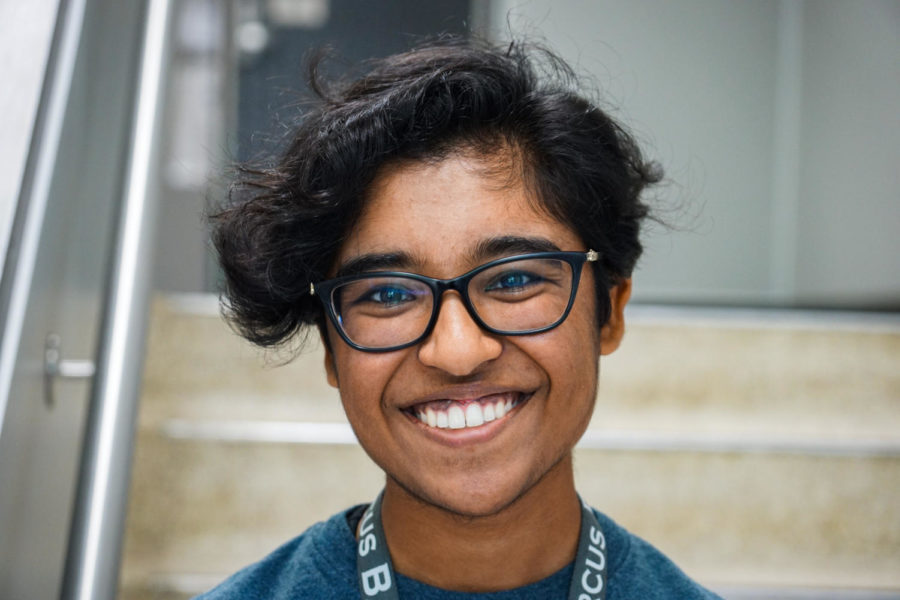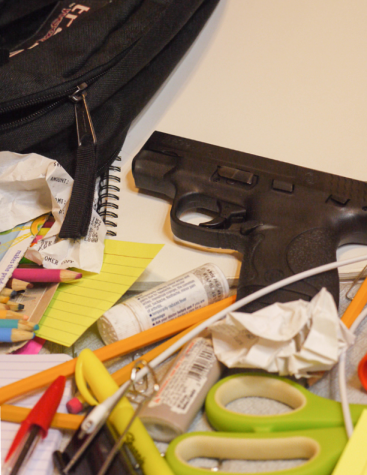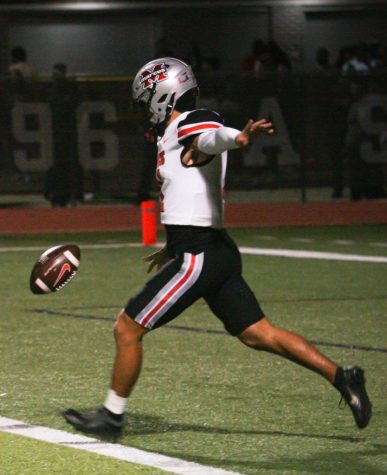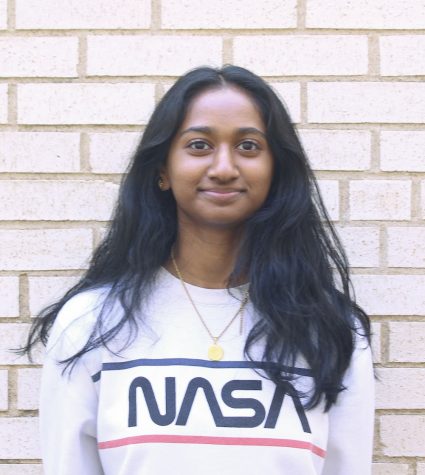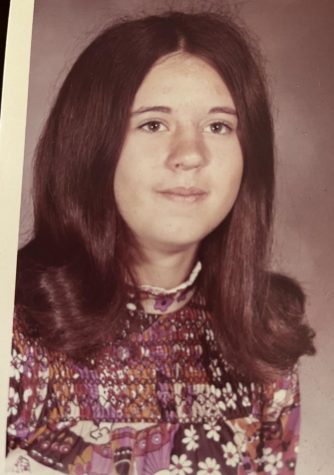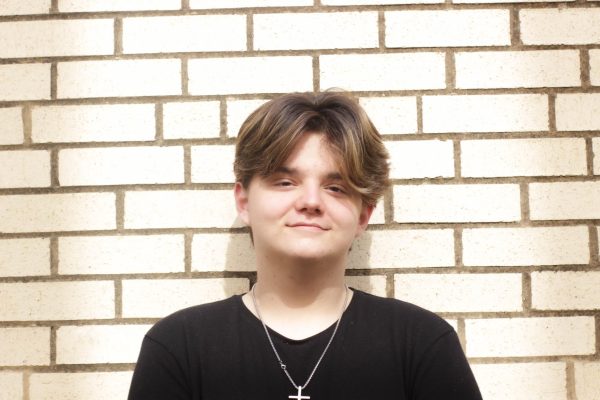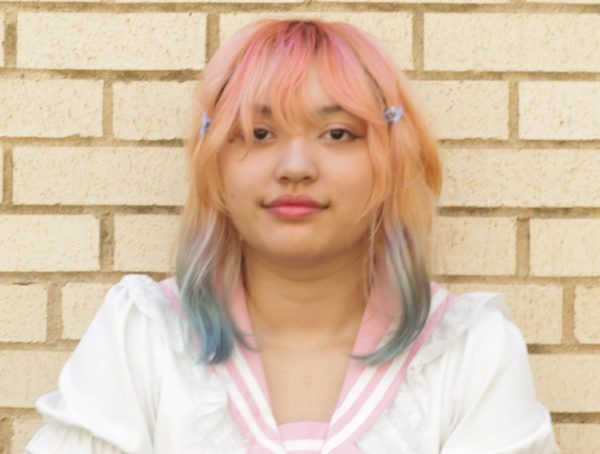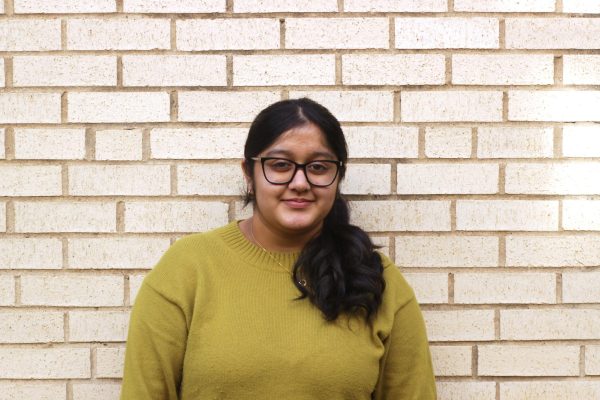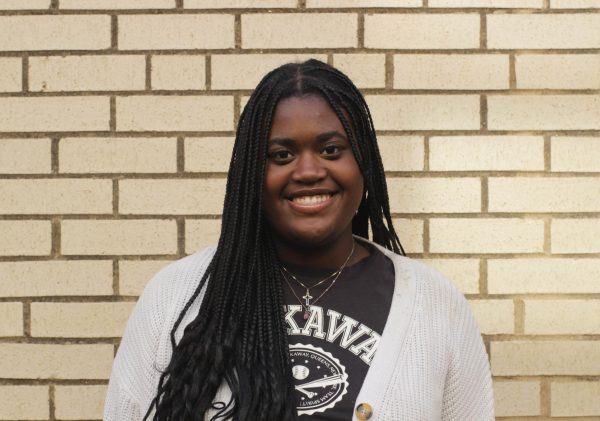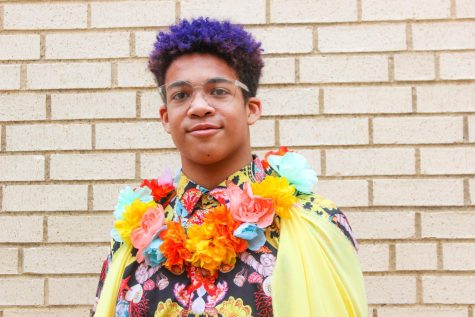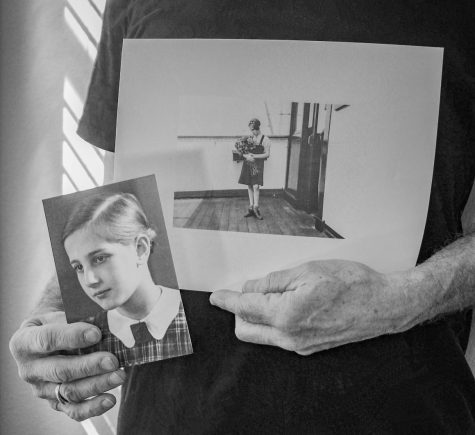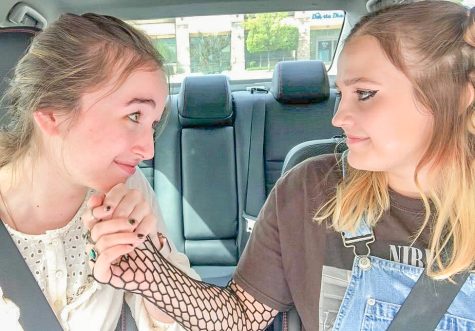Column: Finding the best of both worlds
“While it is important to me to understand the culture of India and have it present in my life, it is just as important to make sure that I include the American aspects of my culture as well.”
“Ewww,” said one of my classmates while poking at the dahi vada I’d brought for class that morning. “It’s so slimy! What even is this stuff?”
We were in Humanities getting ready for our dinner party project, part of which was that we all had to bring in a food item for the entire class. I’d brought a traditional Indian snack, which is made of fried lentil balls submerged in yogurt and covered in spices. My classmates had never seen anything like it and few were willing to step outside their comfort zone and try it.
Unfortunately, this sort of instance is my normal. The community I’ve grown up in is predominantly white, which has been a big factor in everything that has happened to me. Many people are not accepting of anything even vaguely different from them because nonconformity scares them. Incidences like this encourage people like me to create dual personalities — one for school and one for home so that we can be perceived as “normal” by society.
By the time I started high school, I had separated my life into two parts. One was for everything related to India and my culture. This one only appeared at home or with my Indian friends. The other was for my “American” self. This part of me was for school, for interacting with my friends and teachers. I was very careful to never let these two parts mix. Ever.
One glaringly obvious difference in my life is my accent. I didn’t learn English until I was almost 5, and even then, I spoke it almost exclusively at school. As a result, I had an extremely heavy accent when I was little. I felt very self-conscious at school, because everyone else’s words sounded different from mine, even when we were saying the same thing. I gradually taught myself how to speak in an American accent when I was at school so that my American friends wouldn’t think I was different from them.
Unfortunately, I conditioned myself in a way where when I talk to Desi adults, I revert back to my Indian accent, which gets confusing when I’m talking to many people at once.
On the flip side, my relatives are always shocked when they find out I that I am fluent in Hindi, despite it being my first language. Whenever we visit India, they act as though I am not as Indian as they are. My cousins try to mimic an American accent and speak only in English to me and my sister, and my aunts and uncles over explain the little cultural facets that I’ve grown up with.
Separating the two facets of my life caused me to lose my sense of self. Who was I really? Was I the quiet and studious Indian kid who made sure to do everything the teachers said to do? The one who acted like everyone else and never even hinted at the fact that her upbringing was wildly different from that of her peers?
Or was I the kid who was extremely involved at the temple, volunteering and immersing herself in her culture, everything about her screaming that she was 100 percent Indian?
The truth is, I’m neither of those things. I’m not someone who is a sheep, ignoring my background and upbringing because I want to blend in with everyone else. On the other hand, I was born and brought up in the United States, which means the environment I grew up in is not the same one my cousins’ and relatives in India have grown up in.
While it is important to me to understand the culture of India and have it present in my life, it is just as important to make sure that I include the American aspects of my culture as well. I may be Indian, but that doesn’t make me any less American, and vice versa.
Not many people in my Humanities class ate the dahi vada that day. The smell of the spices in it had scared off all but the most adventurous of my classmates. However, that day, I realized that I don’t need to apologize for my identity. It is not my responsibility to change who I am because other people want me to conform. It reminded me that it is okay for me to be who I am, unapologetically.
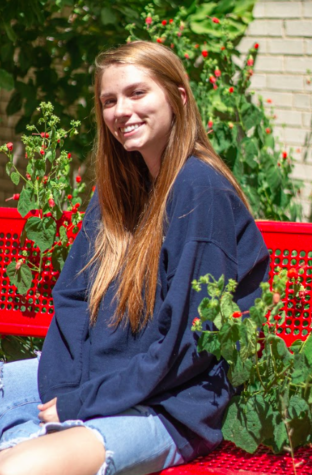
Kaitlyn Hughes is a senior and this is her first year on staff. Ever since she was a kid photography has always been a strong passion of hers and she hopes...



